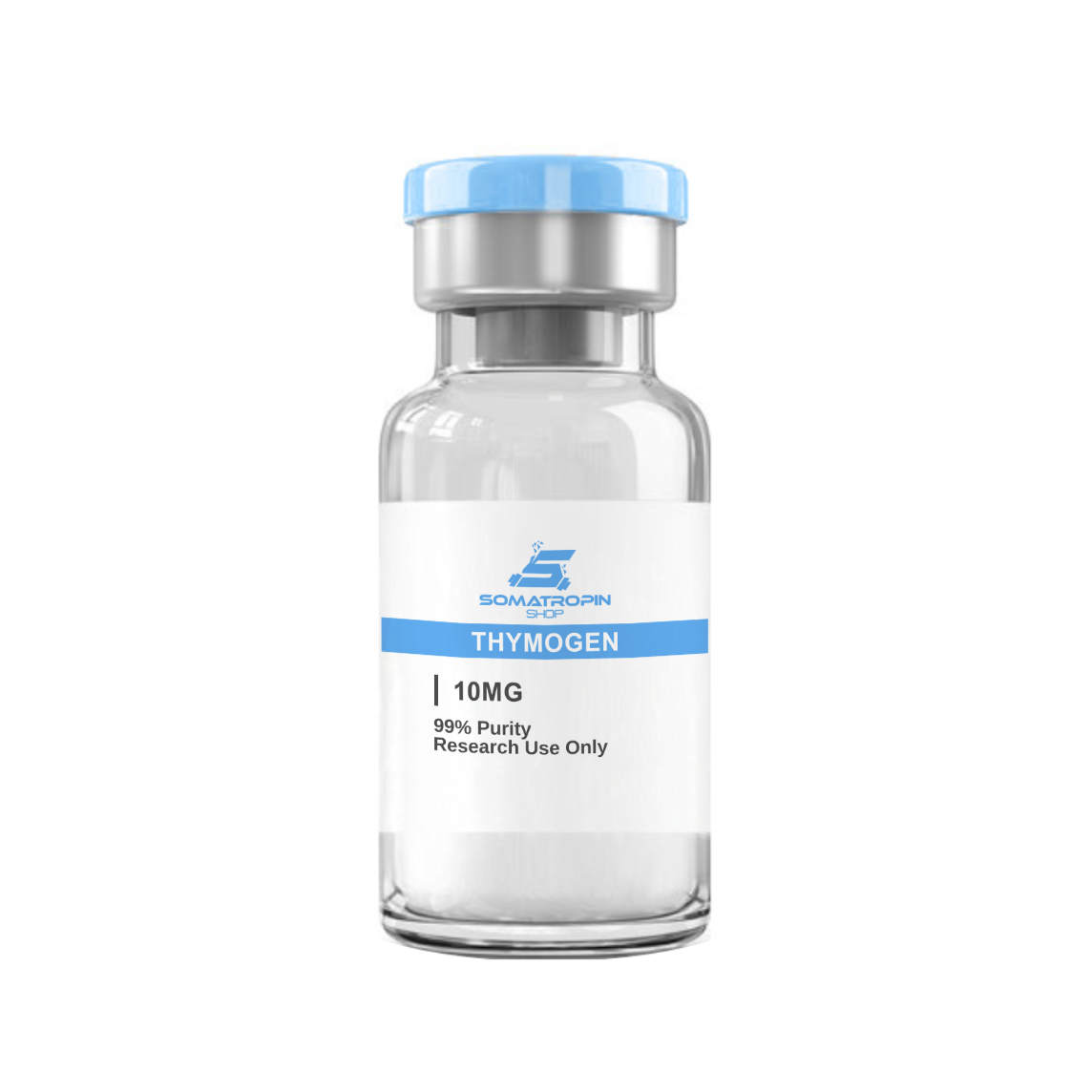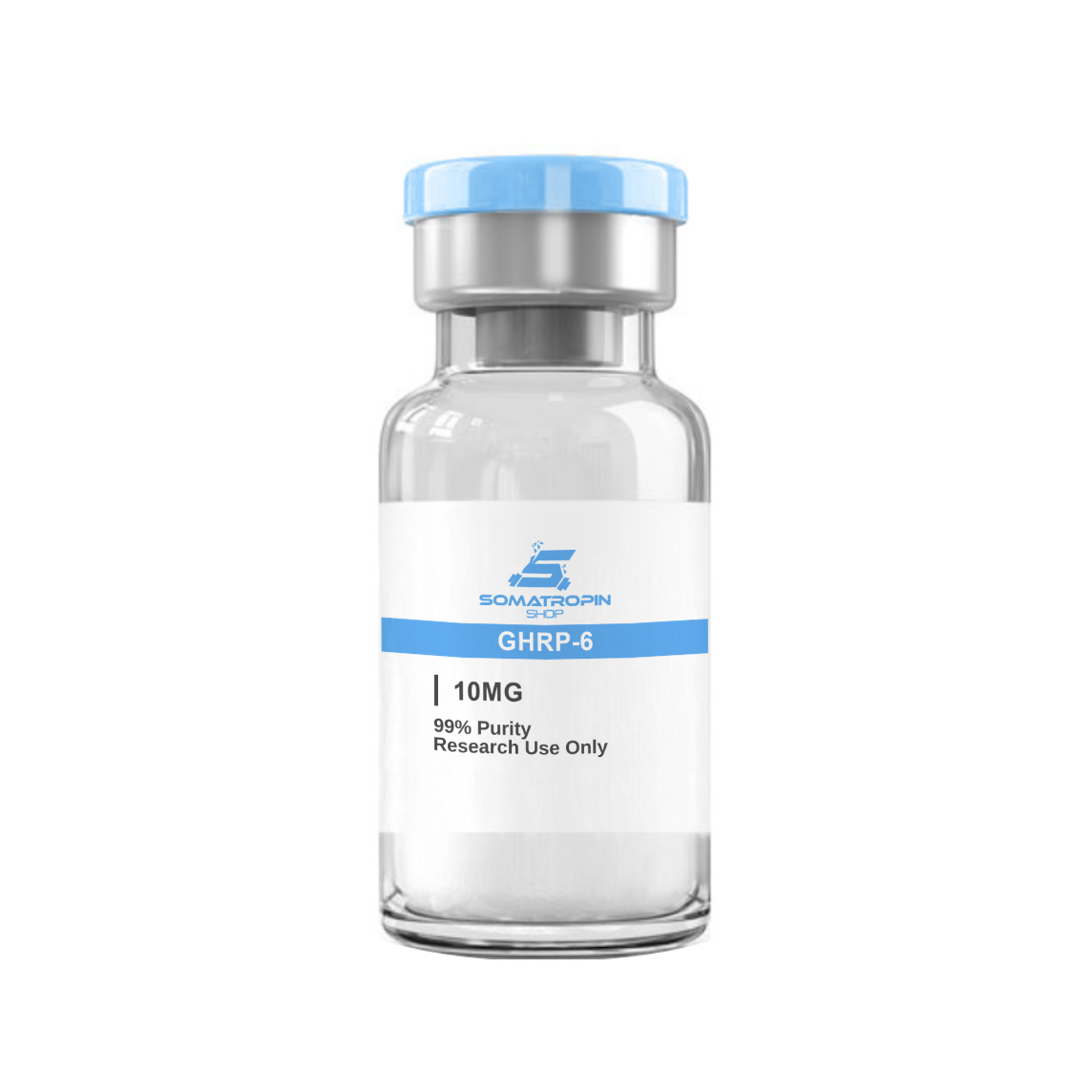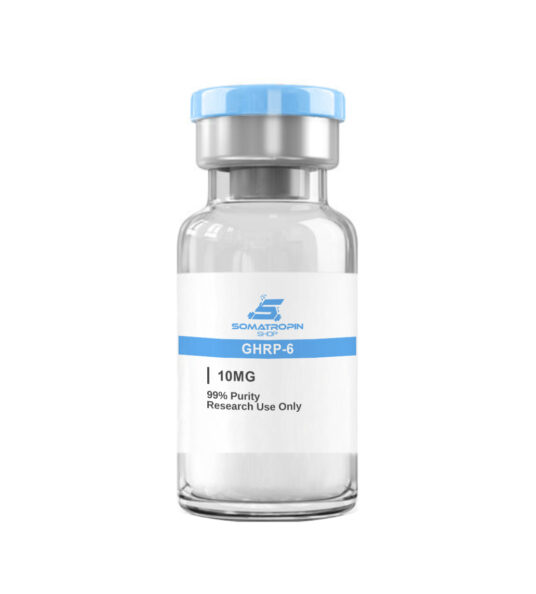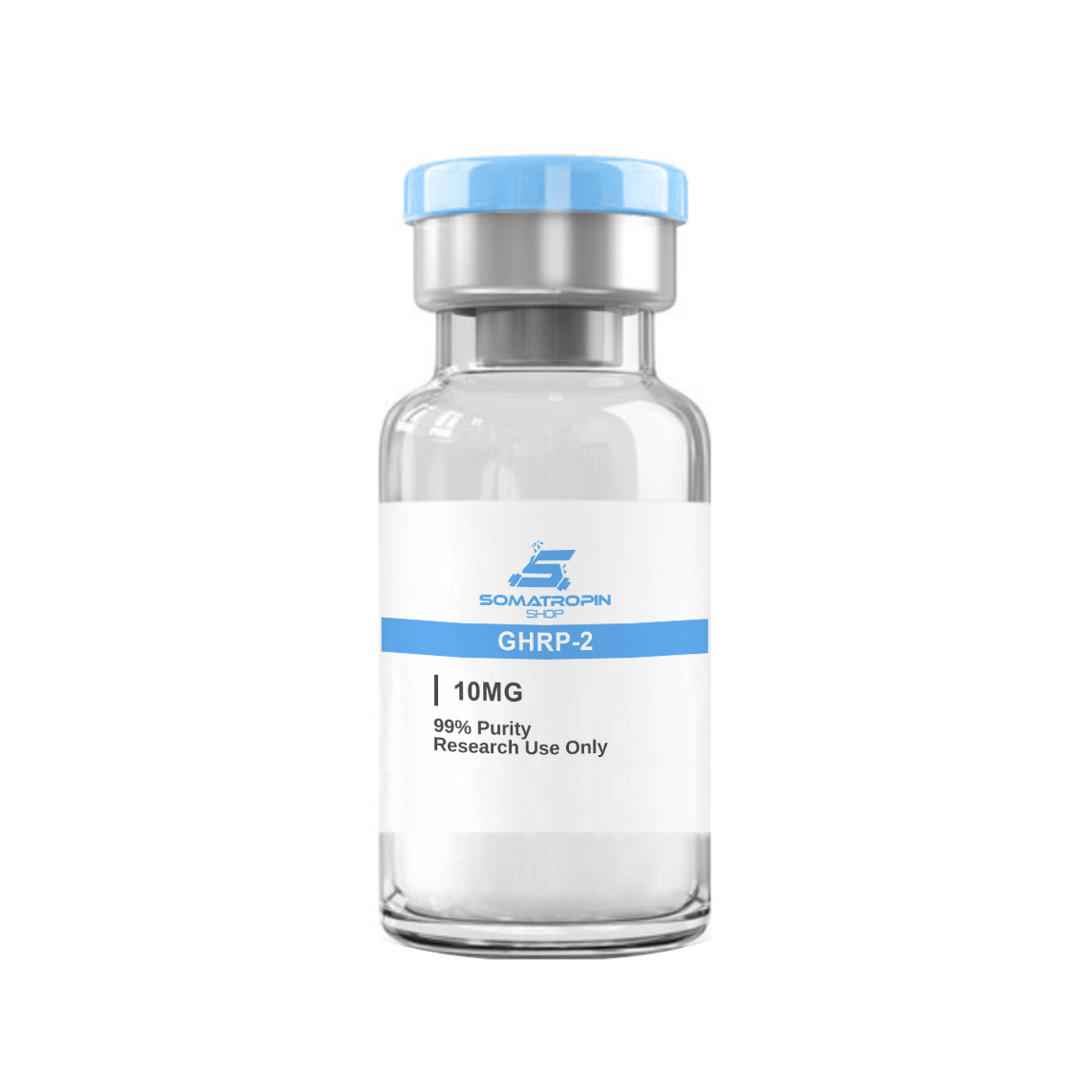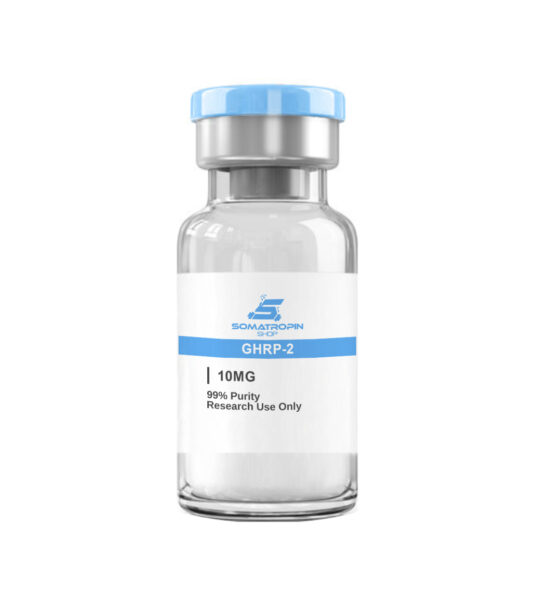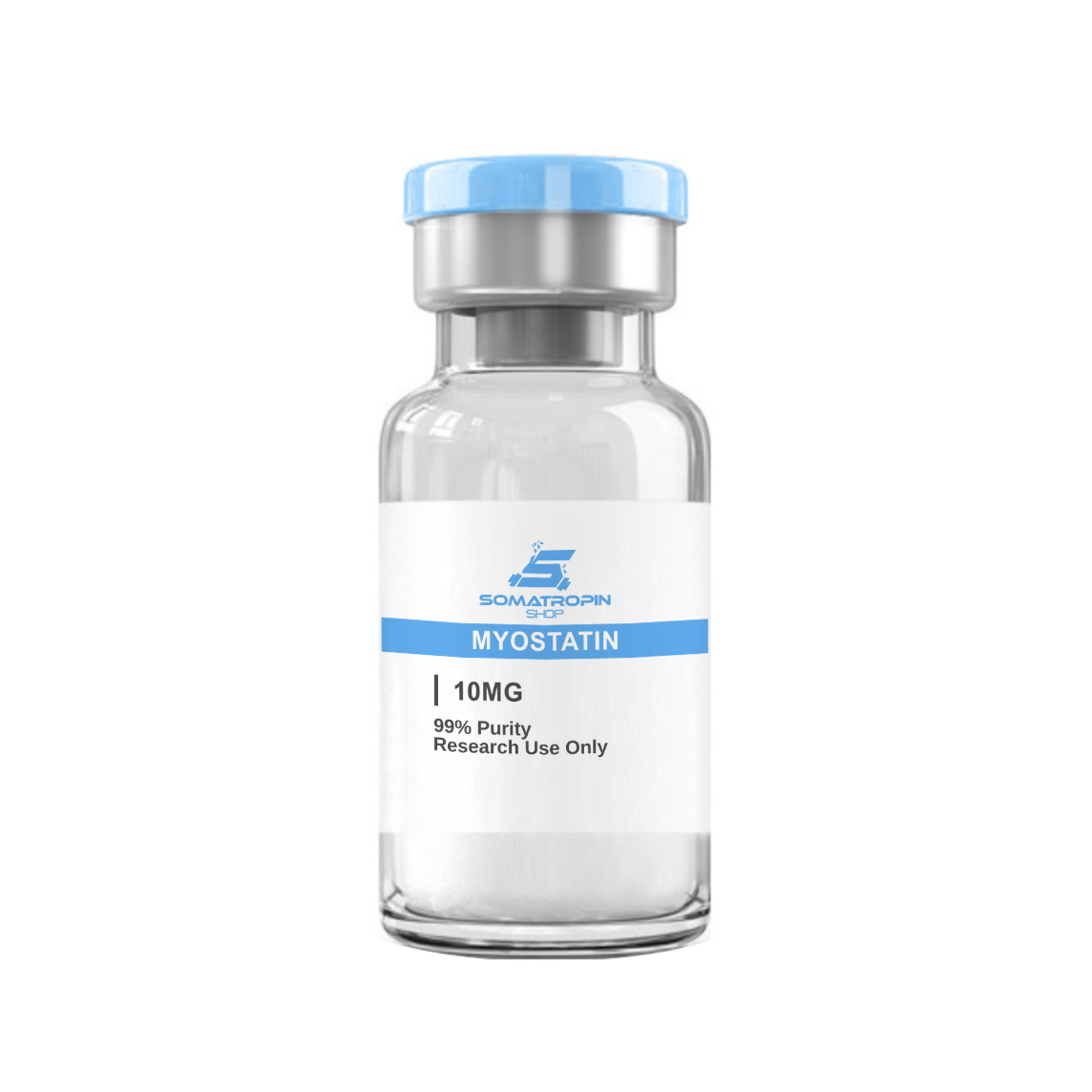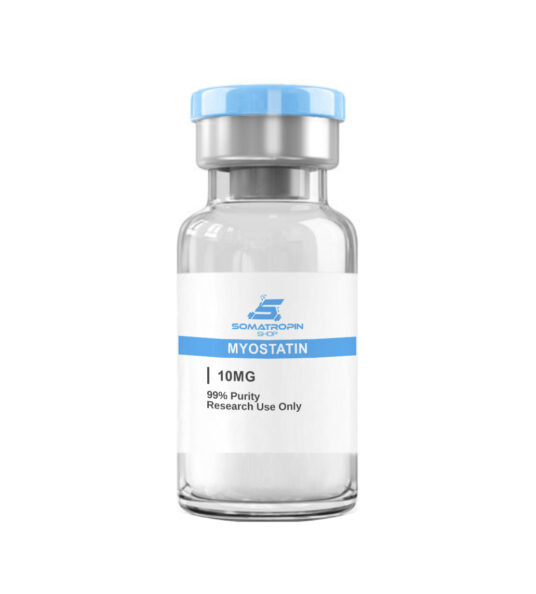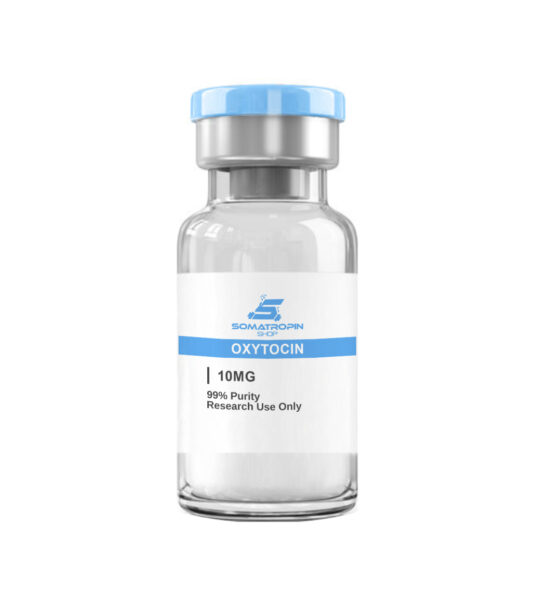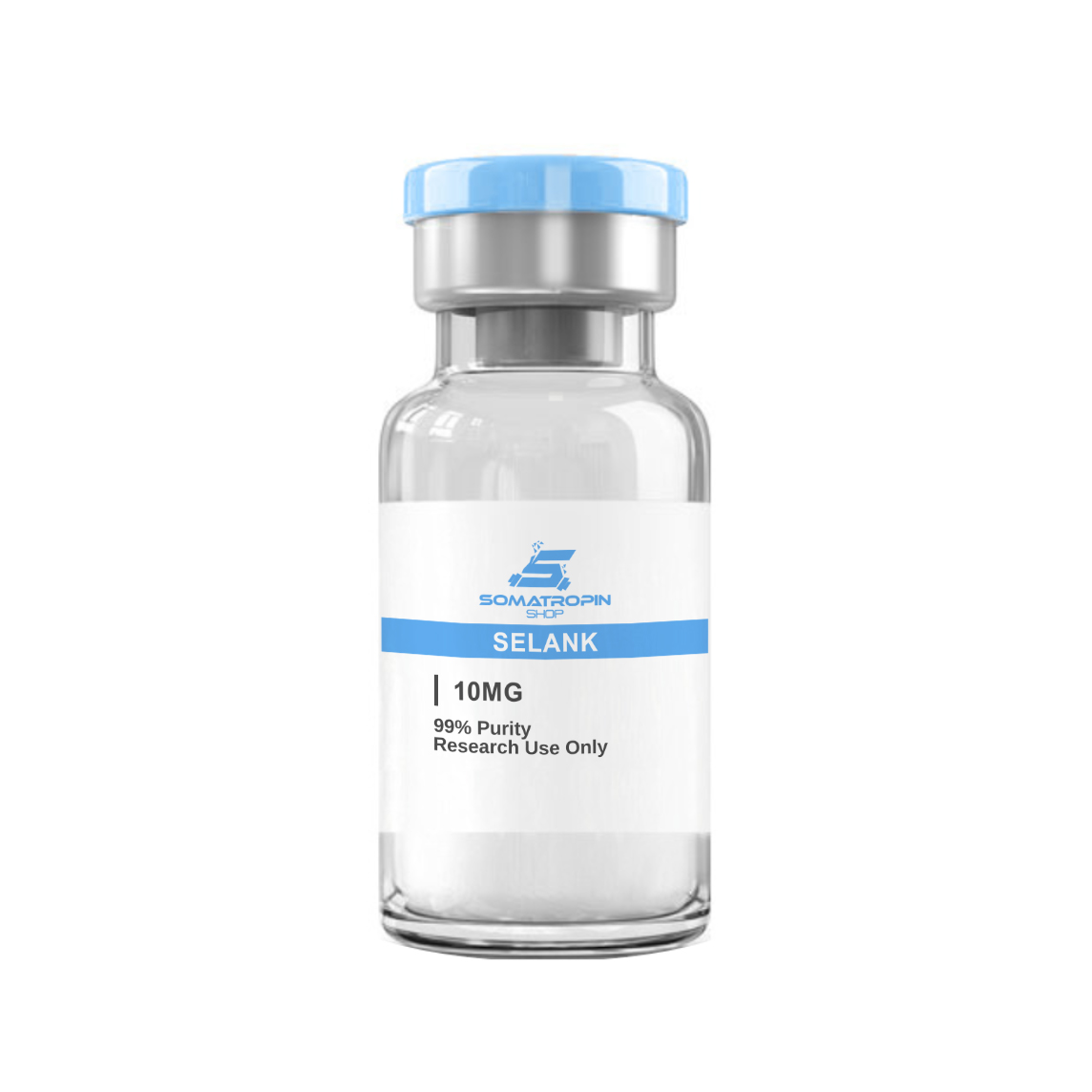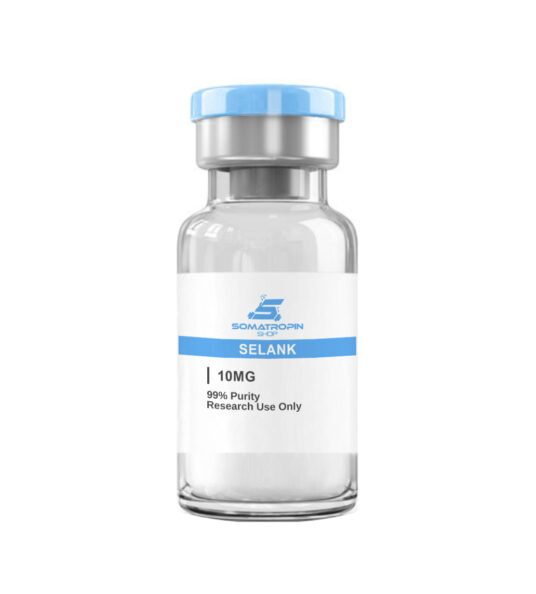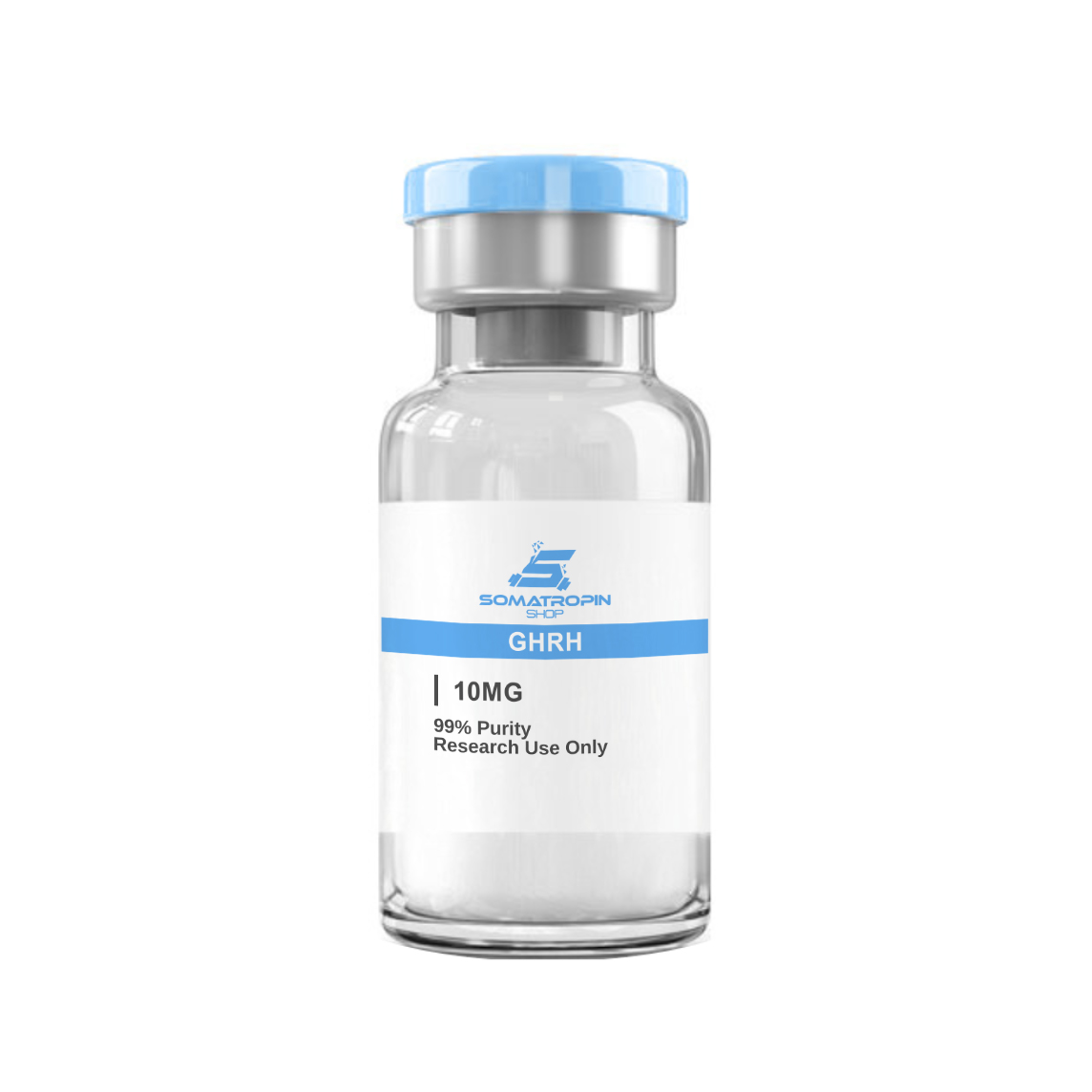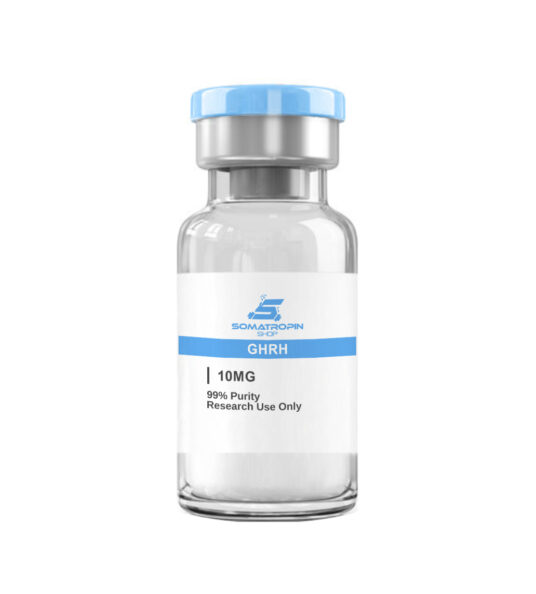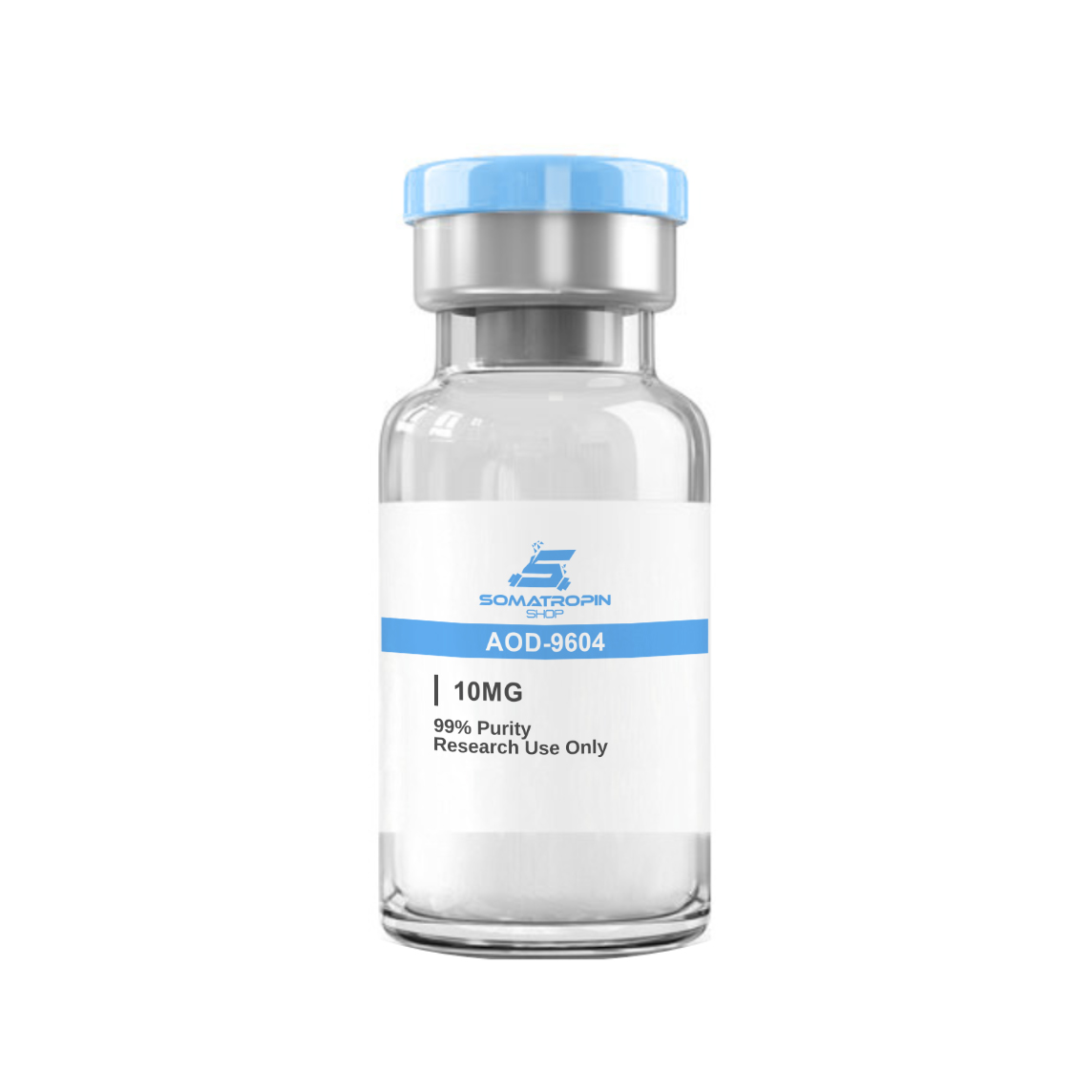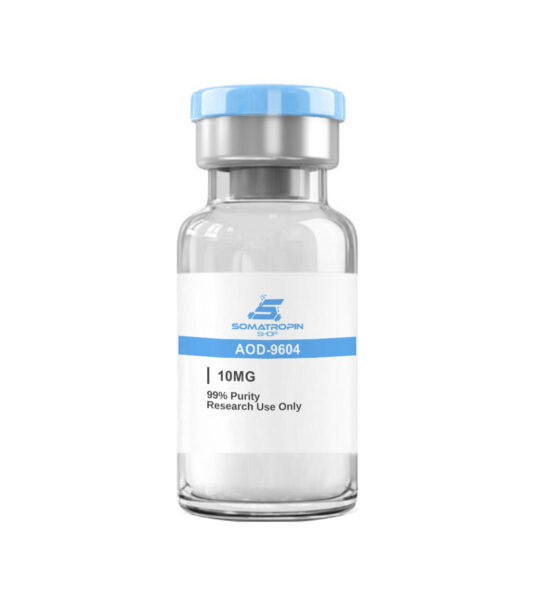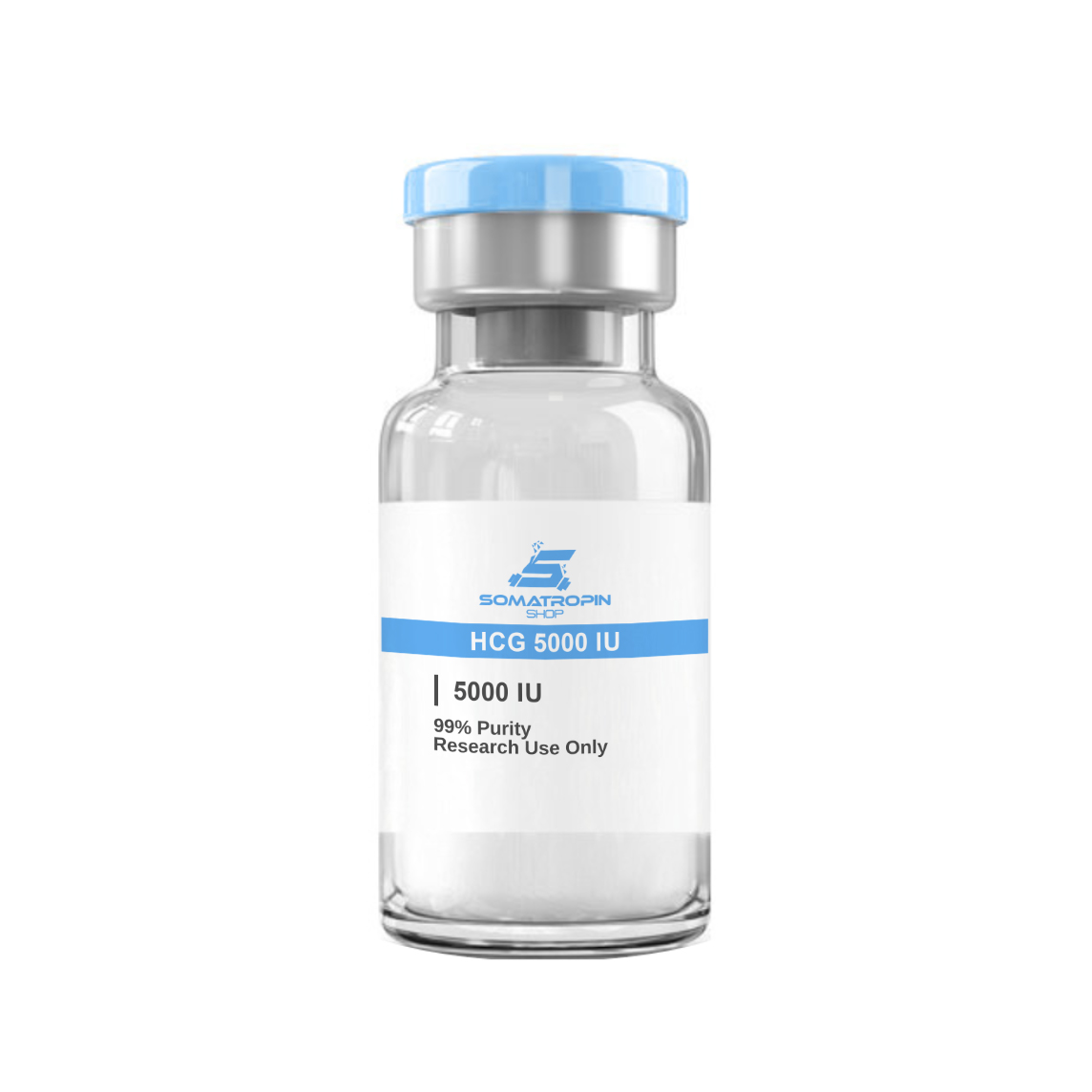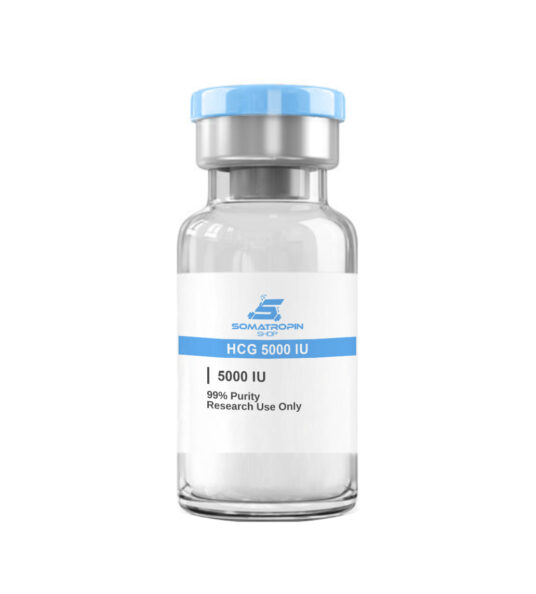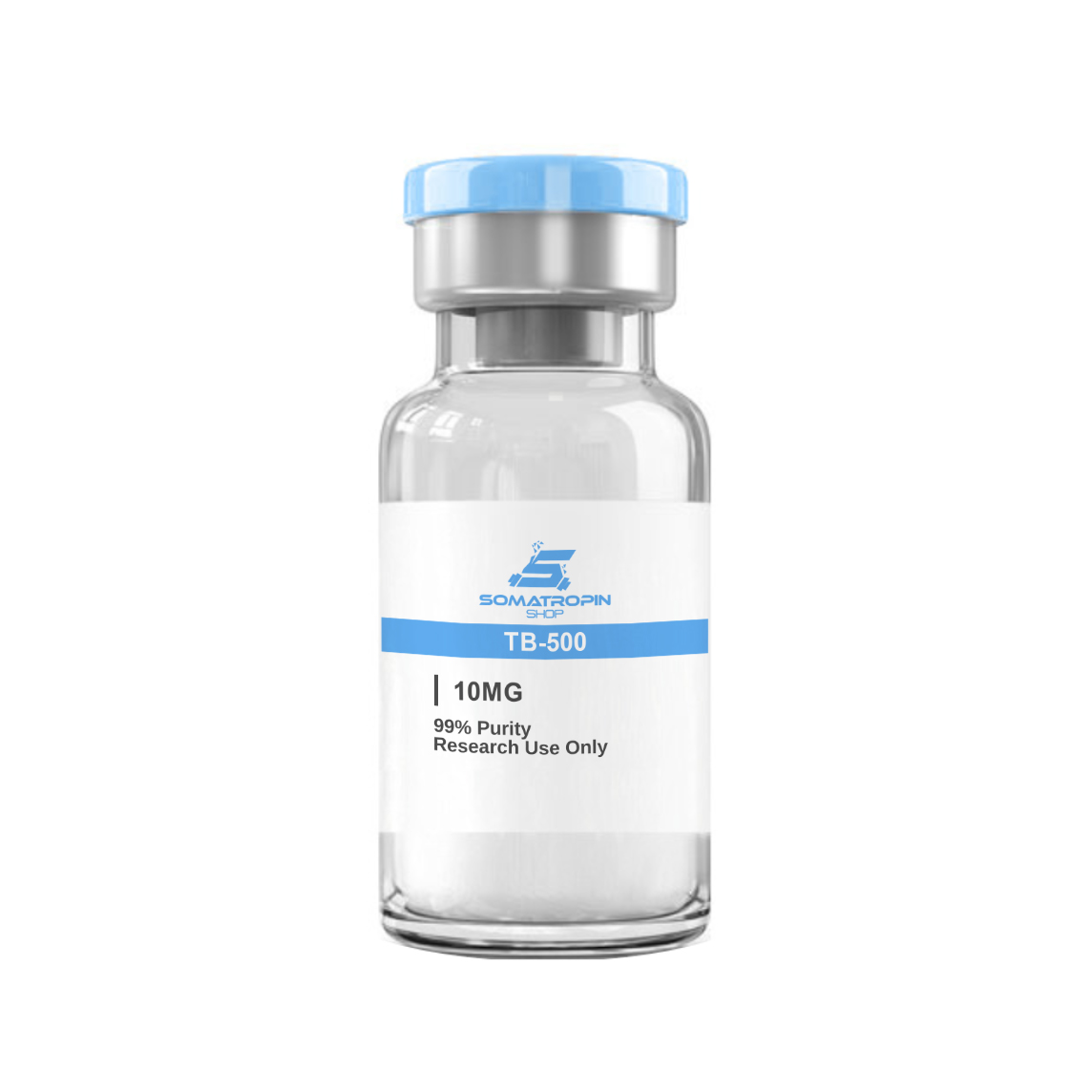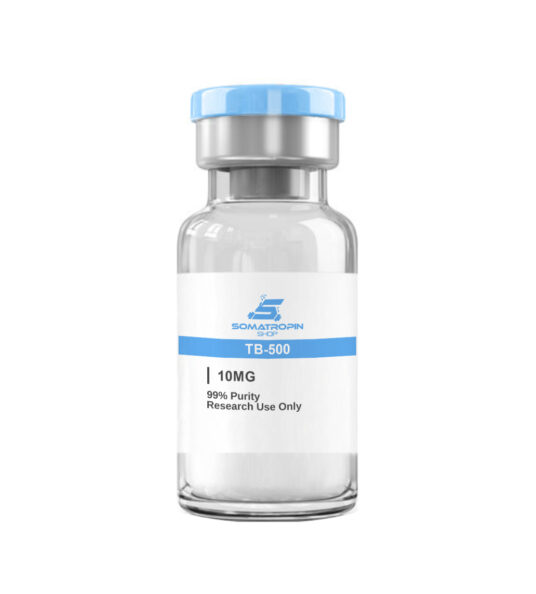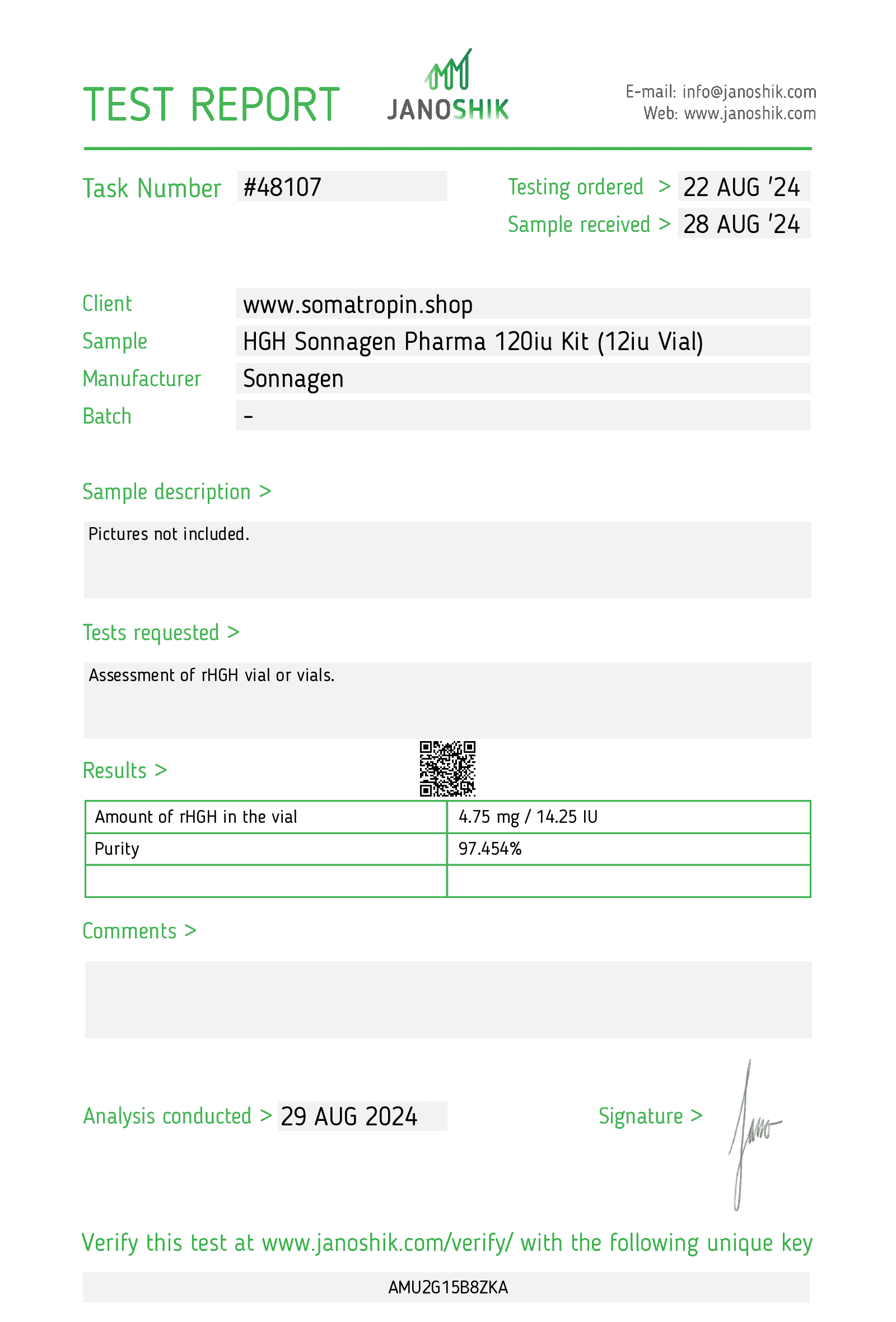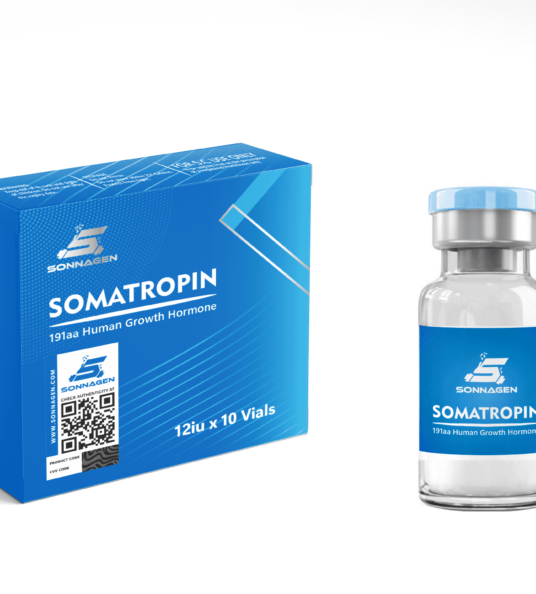Description
Thymagen (Thymogen) is a highly active bioregulator peptide with primary effects on cells of the immune system. It has been shown to increase production and differentiation of T cells, stimulate the secretion of interferons, boost levels of cyclic nucleotides, and promote the functionality of the innate immune system. As a result of its effects on the innate immune system, Thymagen has also been shown to help prevent cancer and reduce the severity of the disease. Research has shown that Thymagen is useful as a peri-operative preventative measures against infection. It has been shown to increase rate of recovery following surgery and is potentially cardioprotective as well.
What is Thymogen (Thymagen)?
Thymagen (Thymogen) is a dipeptide bioregulator with primary effects on the thymus and immune system. Originally isolated from calf thymus, Thymagen is now produced via recombinant DNA techniques. In Russia, Thymagen has been studied for its ability to treat cancer by regulating the body’s innate immune response. It has also shown promise in heart disease, diabetes, and as a post-operative treatment for improving surgical outcomes. Research shows that it can stimulate the immune response to a number of viruses and a variety of bacterial infections. It has shown success in the treatment of Hepatitis B and C.
Structure
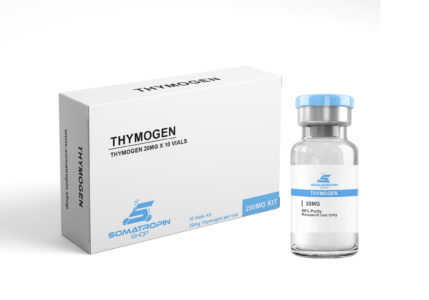
Source: PubChem
Thymagen and Immune System
Cyclic nucleotides are single-phosphate nucleotides with a cyclic bond arrangement between the sugar and phosphate groups. They are integral components of communication within cells, usually acting as second messengers within the cell after a protein on the cell surface has bound to something. In other words, cyclic nucleotides act as messengers within cells for substances that cannot enter the cells themselves.
Research on Thymagen shows that it down regulates cyclic nucleotide catabolism. In other words, Thymagen slows the breakdown of cyclic nucleotides and thereby raises their levels within the cell[1]. This results in enhanced ability of cells, particularly those of the immune system, to respond to messages from other parts of the body. For example, increased levels of cyclic nucleotides could make cells of the immune system more responsive to invading pathogens by improving signaling between these cells.
Summary of nucleoside signaling (nucleotides indicated as NTPs being converted to NMPs). Thymagen has been shown to increase the pool of NTPs and potentiate down-stream effects:
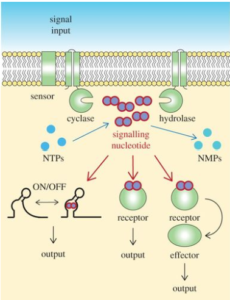
The effects of Thymagen on the immune system begin, but don’t end at cyclic nucleotides though. Research in rat spleen and thymus has shown that Thymagen promotes the maturation of T-lymphoctye precursors into immunocompetent T-cells capable of fending off disease. This process of maturation is driven by the changes that Thymagen induces in cyclic GMP (cGMP) levels[2]. By optimizing cyclic nucleotide ratios, Thymagen helps to ensure that T-lymphocyte precursors are getting the signals that tell them they need to mature into full-flow cells of the immune system.
Thymagen, along with other immunomodulatory molecules like Immunitor and Milife, has also been shown to induce interferon secretion[3]. Interferons are signaling proteins made by host cells in response to viral infection. They serve to modulate and coordinate immune defenses against viruses, but have also been shown to ward off cancer and are generally known as immune regulators. Interferons are used currently in the treatment of autoimmune diseases, such as multiple sclerosis, and in combination with chemotherapy and radiation in the treatment of certain cancers. They are also used in the treatment of both hepatitis B and C.
Thymagen and Inflammation
Inflammation is a process that is primarily controlled by the immune system. It therefore stands to reason that a substance capable of influencing the immune system might have an impact on inflammation as well. This turns out to be solid reasoning where Thymagen is concerned. Research shows that Thymagen helps to normalize lymphocyte counts and increase T-Cell functional activity. This leads to a desensitizing effect that down-regulates inflammation by reducing pro-inflammatory cytokine levels.
Thymagen and Infection
Speaking specifically of the ability of Thymagen to affect the immune response to invading pathogens was a study carried out in guinea pigs infected with Yersinia enterocoliticia (a bacteria related to the bacteria that causes the Plague). The guinea pigs treated with Thymagen in this study showed increased nonspecific resistance to the bacteria as well as an increased specific humoral (antibody) response. Thymagen appeared to help regulate the immune response by focusing it on natural killer cell immunity and by helping to prevent autoimmune reactions. The overall result was to decrease the dissemination of Y. enterocoliticia and ultimately to aid in its elimination from the body.
Thymagen and Diabetes
Research shows that patients with type 1 diabetes are suffering from secondary immunodeficiency in many cases. Thymagen, by promoting T-Cell differentiation, removes signs of this immunodeficiency and helps to correct the deficit. In fact, a clinical effect was seen in nearly 95% of patients in the study.
Diabetes actually leads to immunocompromise if left untreated. One of the primary results of this is infection with candida (yeast) species. These types of infection are notoriously difficult to treat and can lead to serious morbidity in people with diabetes. Research with Thymagen indicates that it can slow candidiasis in the setting of secondary immunodeficiency and give existing treatments and edge in eradicating the fungus.
Thymagen and Surgery
Infections following surgery and not uncommon, particularly for abdominal surgery and for individuals with immunodeficiency. While the elderly are not considered to be immunodeficient, they are more susceptible to infection following surgery as a result of reduced immune function. Research with Thymagen reveals that administering the peptide for a week prior to surgery reduces the number of varieties of post-operative complications. The peptide also appears to reduce the postoperative period by hastening recovery and return to normal activity.
Thymogen and the Heart
Thymagen has been studied as a possible treatment for several different heart conditions. The earliest research looked at the ability of Thymagen to reduce arrhythmia using 6 different models of the disease condition. Research showed a beneficial effect, including a solid dose-response curve that indicated that the observed changes were in fact legitimate.
Thymagen has also been studied in isolated heart models where it has been found to have superior protective properties compared to commonly used drugs like verapamil[9]. In the setting of cardiac ischemia, protecting heart muscle from further damage is one of the primary goals of treatment prior to restoration of blood flow via catheterization, bypass grafting, or clot dissolution. Treatment with cardioprotective drugs can help to prevent long-term consequences like heart failure or the need for transplant. Thus, Thymagen may be a useful adjuvant in treating ischemic cardiac injury.
Thymogen and the Cancer
Research in rats shows that radiation-induced carcinogenesis can be inhibited by Thymagen. In fact, all carcinogenesis is inhibited by Thymagen, with rats exposed to radiation living roughly average lifespans while rats with no radiation exposure live above average lifespans[10]. This suggests that Thymagen may be a useful cancer preventative, helping to ward off the disease even in the setting of unknown exposures.
According to Dr. Vladimir Anisimov, a collaborator of Dr. Vladimir Khavinson and an expert in cancer development, rats treated with Thymogen have been shown to have a decreased incidence of GI cancer. In fact, regardless of immune status in the study, the rats treated with Thymogen had a 12% reduction in tumor incidence as well as a 1.7-fold reduction in the number of tumors if they did develop cancer[11]. In other words, Thymagen appears to boost immune function against cancer. This suggests that Thymagen works to boost the body’s natural killer cell defenses, which are the front line against cancer, along with other aspects of the innate immune system. This helps to not only prevent cancer from developing, but reduces the rate and severity of spread in rats that do develop cancer.
Thymagen Summary
Thymagen is a highly active peptide with primary effects on cells of the immune system. It has been shown to increase production and differentiation of T cells, stimulate the secretion of interferons, boost levels of cyclic nucleotides, and promote the functionality of the innate immune system. As a result of its effects on the innate immune system, Thymagen has also been shown to both help prevent cancer and reduce the severity of the disease.
